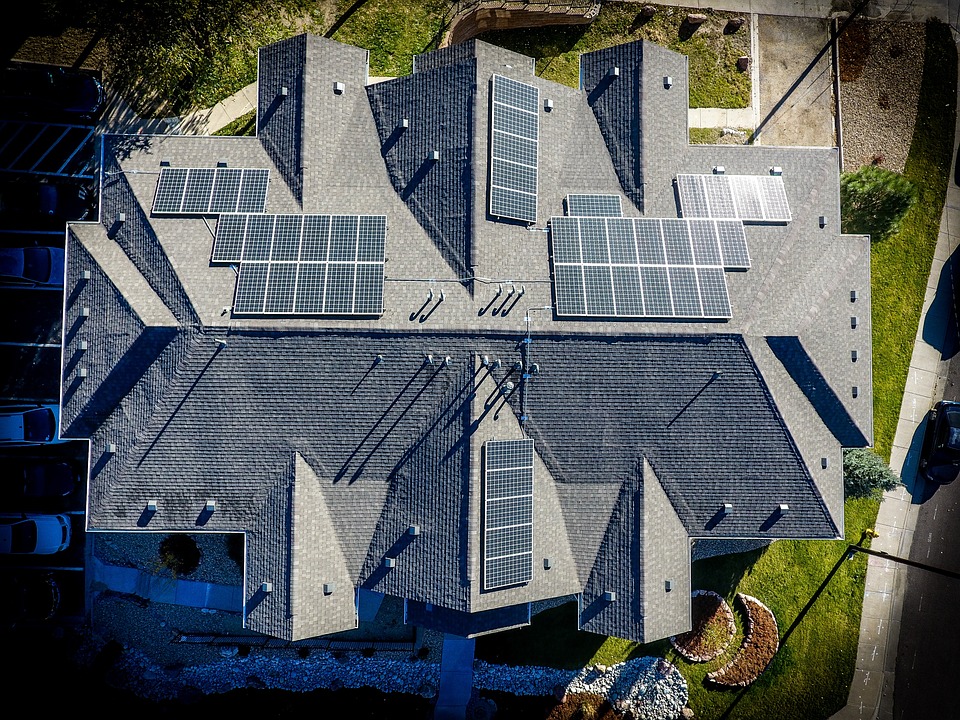How Can Climate Influence the Processes Along Coastal Landscapes? Understanding Climate’s Impact on Coastal Change
Coastal landscapes are dynamic regions where land meets the ocean, shaped by a combination of natural forces and climatic factors. Understanding how climate influences these processes is crucial for the management and preservation of coastal ecosystems and communities.
1. The Role of Climate in Shaping Coastal Landscapes
Temperature and Seasonal Variation
Climate influences coastal ecosystems significantly through temperature changes. Warmer temperatures can enhance biological activity along coastlines, affecting species distribution and ecosystem health. Seasonal variations also impact wave patterns and storm occurrences, which are critical for coastal dynamics.
Precipitation Patterns
Changes in precipitation can lead to increased runoff, transporting sediments to coastal areas. High rainfall events can exacerbate erosion, while drier conditions may limit sediment supply, contributing to coastal degradation.
Wind and Storm Activity
Climate-driven wind patterns affect wave formation and coastal currents, which are key drivers of erosion and sediment deposition. Increased storm intensity, linked to climate change, can lead to more severe coastal alterations.
2. Climate-Driven Processes Along Coastal Landscapes
Erosion
Higher storm frequency and intensity can accelerate coastal erosion, reshaping cliffs, beaches, and dunes. Areas experiencing more extreme weather events face significant risks of land loss due to increased wave action.
Sediment Deposition
Rivers play a crucial role in sediment transport during rainy seasons. Increased runoff can lead to the formation of deltas and sandbars as sediments are deposited along coastlines.
Tidal Influence
Seasonal variations in tidal patterns also affect sediment distribution and coastal ecosystem dynamics. Changes in tidal ranges can influence salinity levels and habitat availability for various marine species.
3. The Impact of Extreme Weather Events on Coastal Processes
Hurricanes and Typhoons
Tropical storms bring powerful waves and storm surges that cause rapid erosion and flooding, significantly altering coastlines. The frequency of such events is increasing due to climate change, leading to heightened vulnerability in affected regions.
Nor’easters and Winter Storms
In temperate zones, intense winter storms contribute to increased erosion and sediment transport, impacting the stability of coastal areas.
El Niño and La Niña
Climate phenomena like El Niño can lead to changes in storm frequency and intensity, further influencing long-term coastal landscape processes through increased rainfall or altered wind patterns.
4. Climate Change and Coastal Landscape Transformations
Sea Level Rise
Global warming leads to rising sea levels, resulting in coastal flooding, saltwater intrusion, and increased erosion. Low-lying areas are particularly at risk as these changes threaten infrastructure and ecosystems.
Ocean Temperature and Acidification
Warmer oceans contribute to coral reef degradation and other marine ecosystem changes that protect coastlines from erosion. Ocean acidification further threatens biodiversity essential for maintaining healthy coastal environments.
Increased Storm Intensity
As global temperatures rise, the intensity of storms is expected to increase, leading to more frequent and severe alterations in coastal landscapes over time.
5. Adaptation and Management of Coastal Landscapes
Beach Nourishment
One strategy for combating erosion involves adding sand to eroding beaches, which helps protect infrastructure in vulnerable areas from storm impacts.
Sea Walls and Coastal Defenses
Constructing barriers like seawalls can protect coastlines from storm surges; however, these structures may inadvertently increase erosion in adjacent areas.
Restoring Natural Barriers
Preserving natural ecosystems such as mangroves, wetlands, and coral reefs is vital for absorbing wave energy and mitigating the impacts of storms and rising sea levels.
FAQs
– How does climate affect coastal erosion?
Climate influences both the frequency of storms and wave intensity, which are primary drivers of coastal erosion.
– Why are tropical coasts more vulnerable to storm damage?
Tropical coasts often experience higher storm frequencies due to their geographical location within hurricane-prone areas.
– How does sea level rise impact coastal landscapes?
Rising sea levels lead to flooding of low-lying areas, saltwater intrusion into freshwater systems, and increased rates of erosion.
– What role does climate play in sediment deposition along coastlines?
Climate affects precipitation patterns that influence river runoff; higher runoff can enhance sediment deposition during rainy seasons.
– What are the effects of climate change on coastal ecosystems?
Climate change leads to habitat loss due to rising sea levels, increased salinity from saltwater intrusion, and altered species distributions.
– How can coastal areas adapt to climate-driven changes?
Adaptation strategies include beach nourishment, constructing protective barriers, restoring natural habitats, and implementing integrated coastal management plans.
Conclusion
Climate significantly influences coastal processes through temperature changes, precipitation patterns, storm activity, and rising sea levels. Understanding these impacts is essential for sustainable management strategies aimed at protecting vulnerable coastal communities and ecosystems from ongoing climate-induced changes. Adaptation efforts must be prioritized to mitigate risks associated with these evolving challenges.

Kyle Whyte is a notable scholar and professor at the University of Michigan, holding positions such as the George Willis Pack Professor in the School for Environment and Sustainability and Professor of Philosophy. Specializing in environmental justice, his work critically examines climate policy and Indigenous peoples’ ethics, emphasizing the nexus between cooperative scientific endeavors and Indigenous justice. As an enrolled Citizen Potawatomi Nation member, he brings a vital perspective to his roles as a U.S. Science Envoy and member of the White House Environmental Justice Advisory Council. His influential research is supported by various prestigious organizations including the National Science Foundation, and disseminated through publications in high-impact journals. Kyle actively contributes to global Indigenous research methodologies and education, with affiliations to numerous institutes and societies dedicated to traditional knowledge and sustainability. Recognized for his academic and community engagement, Kyle has earned multiple awards and served in various visiting professorships. His efforts extend to leadership positions on boards and committees focused on environmental justice nationwide.
